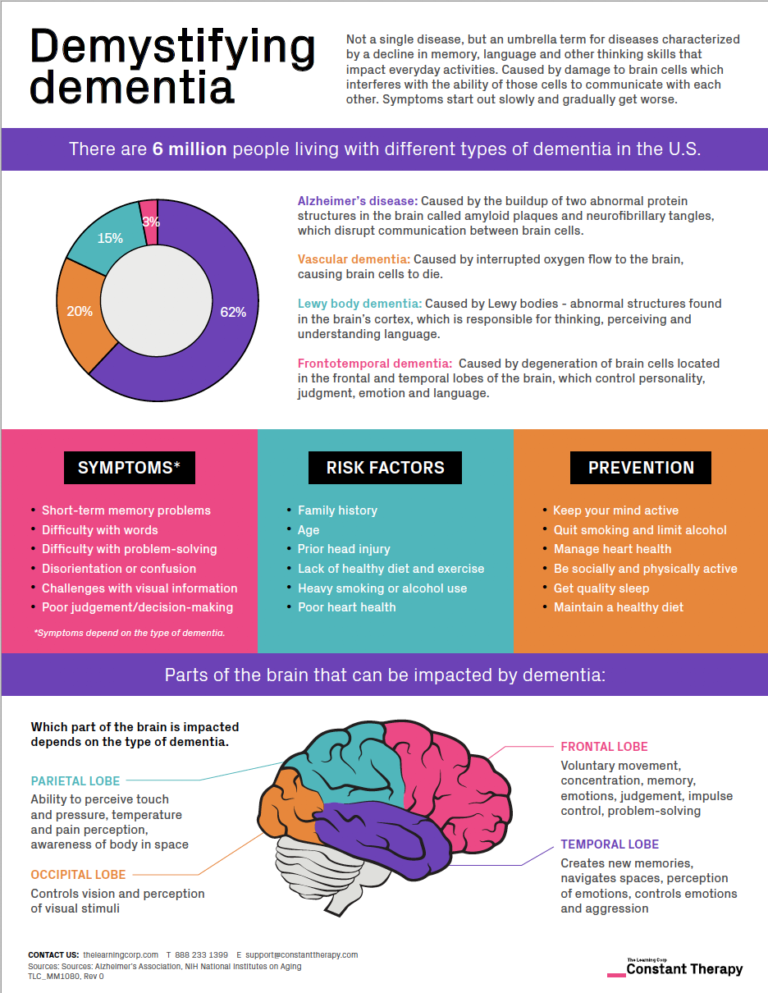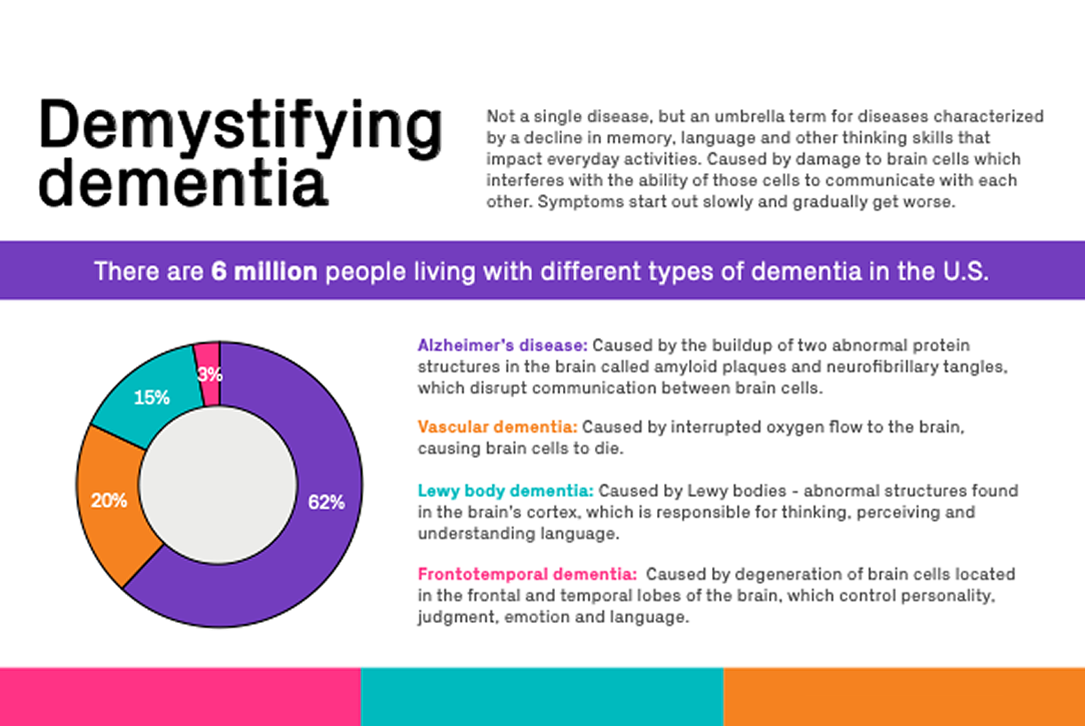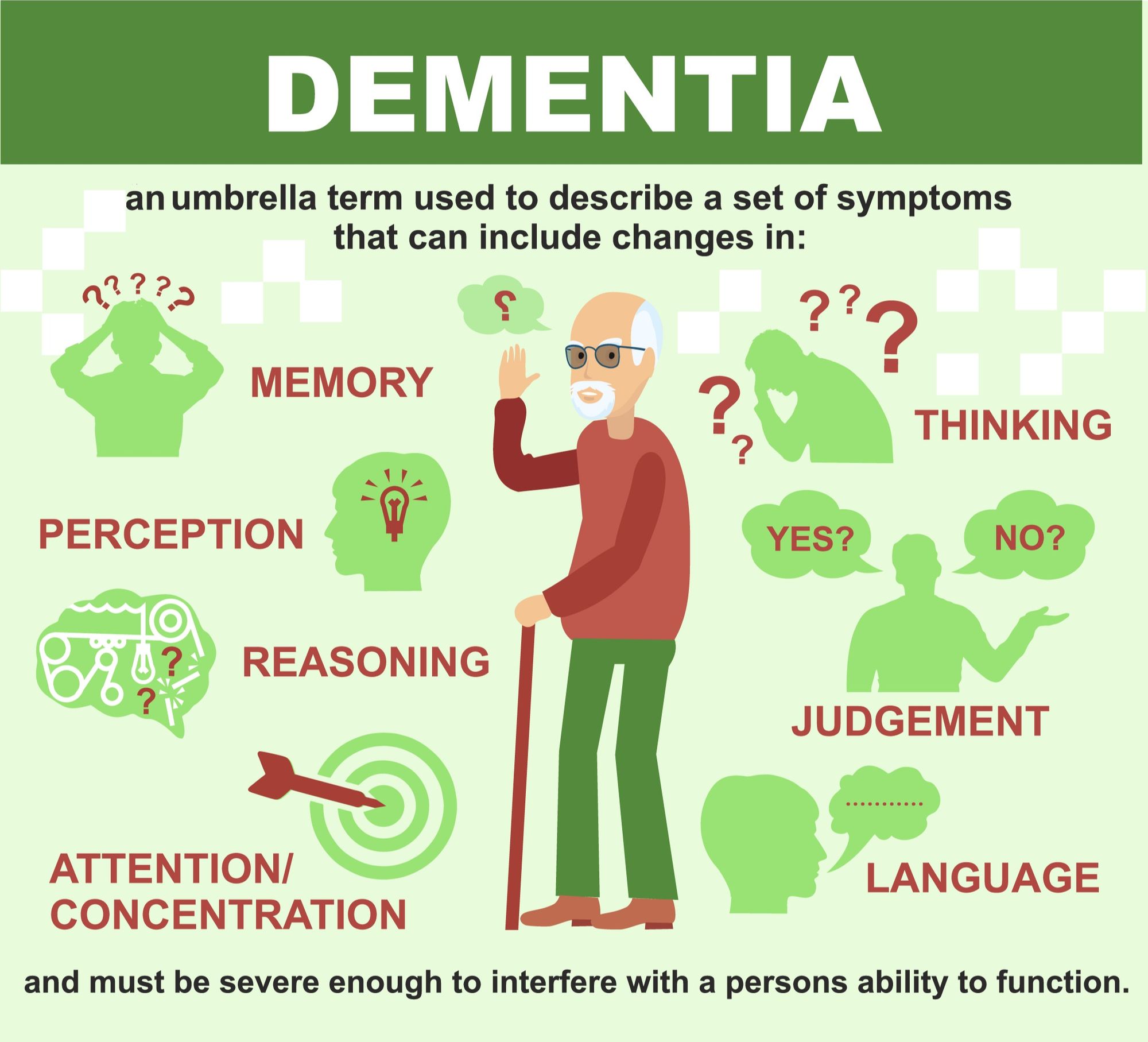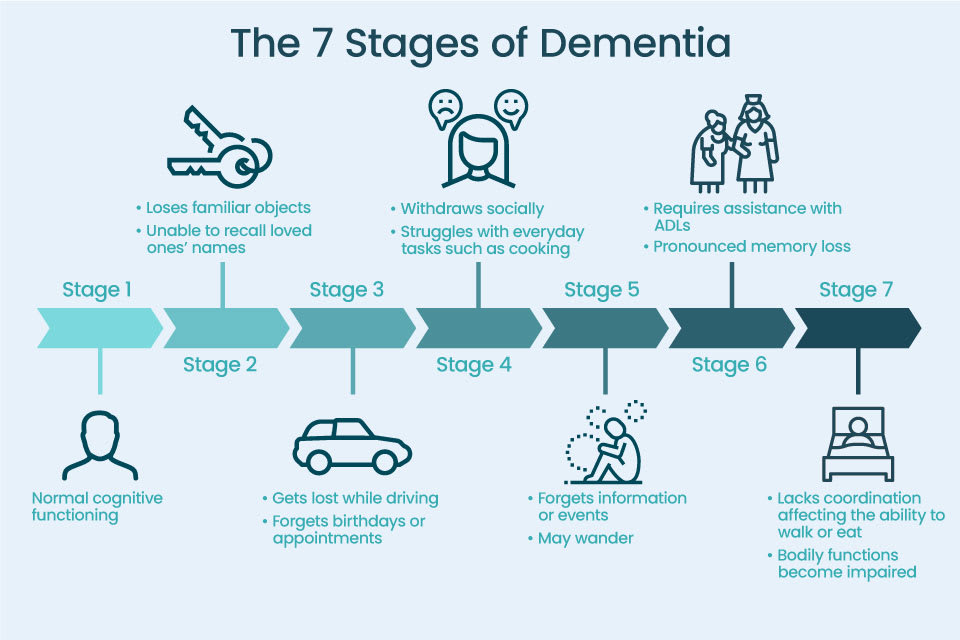Demystifying Dementia: A Visual Guide to Understanding Cognitive Decline
Related Articles: Demystifying Dementia: A Visual Guide to Understanding Cognitive Decline
Introduction
With great pleasure, we will explore the intriguing topic related to Demystifying Dementia: A Visual Guide to Understanding Cognitive Decline. Let’s weave interesting information and offer fresh perspectives to the readers.
Table of Content
- 1 Related Articles: Demystifying Dementia: A Visual Guide to Understanding Cognitive Decline
- 2 Introduction
- 3 Demystifying Dementia: A Visual Guide to Understanding Cognitive Decline
- 3.1 Concept Mapping: A Visual Framework for Understanding Dementia
- 3.2 Benefits of Concept Mapping in Dementia Care
- 3.3 FAQs about Concept Mapping in Dementia
- 3.4 Tips for Using Concept Maps Effectively in Dementia Care
- 3.5 Conclusion: Visualizing Dementia for Enhanced Understanding and Care
- 4 Closure
Demystifying Dementia: A Visual Guide to Understanding Cognitive Decline

Dementia, a term encompassing a range of neurodegenerative conditions, affects millions globally, impacting memory, thinking, and behavior. While the term itself often evokes fear and uncertainty, a deeper understanding of its complexities can empower individuals, families, and healthcare professionals to navigate this challenging landscape. One effective tool for visualizing and comprehending the multifaceted nature of dementia is the concept map.
Concept Mapping: A Visual Framework for Understanding Dementia
A concept map, a visual representation of knowledge, offers a powerful tool for understanding dementia. It arranges concepts and their relationships in a hierarchical structure, revealing interconnected ideas and facilitating deeper comprehension. By visually connecting key aspects of dementia, concept maps provide a clear and structured framework for:
- Defining Dementia: Concept maps effectively differentiate dementia from normal aging, highlighting the specific cognitive impairments that define the condition. They illustrate the progressive nature of dementia, showcasing how cognitive decline evolves over time.
- Categorizing Dementia Types: Concept maps visually distinguish between various dementia types, such as Alzheimer’s disease, vascular dementia, Lewy body dementia, and frontotemporal dementia. This categorization helps clarify the underlying causes, symptoms, and progression patterns of each type.
- Understanding Risk Factors: Concept maps can effectively depict modifiable and non-modifiable risk factors associated with dementia. They demonstrate the impact of lifestyle choices, genetic predisposition, and other factors on dementia risk.
- Exploring Diagnostic Processes: Concept maps illustrate the steps involved in diagnosing dementia, from initial symptom assessment to neuropsychological testing and brain imaging. They highlight the importance of a multidisciplinary approach involving neurologists, geriatricians, and other specialists.
- Navigating Treatment Options: Concept maps effectively present the various treatment options available for dementia, including medications, therapies, and supportive care strategies. They emphasize the importance of personalized care plans tailored to individual needs and preferences.
- Emphasizing the Importance of Early Detection: Concept maps visually reinforce the significance of early detection and intervention in dementia. They illustrate how early diagnosis can optimize treatment effectiveness, slow cognitive decline, and improve quality of life for individuals living with dementia.
Benefits of Concept Mapping in Dementia Care
The use of concept maps in dementia care offers several key benefits:
- Enhanced Comprehension: Concept maps provide a clear and concise visual representation of complex information, making it easier for individuals with varying levels of understanding to grasp the intricacies of dementia.
- Improved Communication: Concept maps facilitate effective communication between healthcare professionals, patients, and families. They provide a shared understanding of dementia, fostering collaboration and informed decision-making.
- Personalized Care Planning: Concept maps can be tailored to individual patient needs, incorporating specific symptoms, diagnoses, and treatment goals. This personalized approach enhances care planning and ensures effective management of dementia.
- Empowering Patients and Families: Concept maps empower individuals living with dementia and their families by providing a clear understanding of the condition and available resources. They foster a sense of control and facilitate proactive engagement in care.
- Facilitating Research and Education: Concept maps serve as valuable tools for research and education, enabling the visualization and analysis of complex data related to dementia. They contribute to advancing knowledge and improving care practices.
FAQs about Concept Mapping in Dementia
Q: How are concept maps created for dementia?
A: Concept mapping for dementia involves identifying key concepts related to the condition, such as symptoms, causes, diagnoses, treatments, and support systems. These concepts are then arranged hierarchically, with connecting lines representing relationships and connections between them.
Q: Who can benefit from using concept maps in dementia care?
A: Concept maps are beneficial for a wide range of individuals, including:
- Patients with dementia: Concept maps provide a visual understanding of their condition, promoting self-awareness and empowerment.
- Families of individuals with dementia: Concept maps facilitate informed decision-making and support for loved ones living with dementia.
- Healthcare professionals: Concept maps enhance communication, collaboration, and personalized care planning for dementia patients.
- Researchers and educators: Concept maps serve as valuable tools for research, education, and knowledge dissemination about dementia.
Q: Are there different types of concept maps used for dementia?
A: While the basic principles of concept mapping remain the same, different types of maps may be employed depending on the specific focus. For instance:
- Symptom-based concept maps: These maps focus on specific symptoms of dementia, highlighting their progression and potential impact on daily life.
- Treatment-focused concept maps: These maps illustrate available treatment options, emphasizing their benefits, risks, and potential side effects.
- Support-oriented concept maps: These maps emphasize available resources and support systems for individuals living with dementia and their families.
Q: How can I access or create concept maps for dementia?
A: Several resources exist for accessing or creating concept maps for dementia:
- Online tools: Numerous online platforms offer free or paid concept mapping tools, allowing users to create customized maps.
- Software applications: Specialized software applications designed for concept mapping are available for download on computers and mobile devices.
- Professional assistance: Healthcare professionals, dementia specialists, or educational institutions may provide assistance in creating concept maps tailored to specific needs.
Tips for Using Concept Maps Effectively in Dementia Care
- Focus on clarity and simplicity: Concept maps should be easy to understand, using clear language and avoiding technical jargon.
- Prioritize relevant information: Include only the most important concepts and relationships, avoiding unnecessary complexity.
- Use visual aids: Incorporate images, diagrams, and other visual elements to enhance understanding and engagement.
- Encourage active participation: Involve patients and families in the creation or discussion of concept maps, fostering a sense of ownership and empowerment.
- Regularly review and update: Concept maps should be reviewed and updated as needed, reflecting changes in diagnosis, treatment, or support needs.
Conclusion: Visualizing Dementia for Enhanced Understanding and Care
Concept mapping offers a powerful tool for understanding and navigating the complexities of dementia. By visually representing key concepts and their relationships, concept maps enhance comprehension, facilitate communication, and empower individuals, families, and healthcare professionals to provide effective and personalized care. As dementia continues to be a significant public health concern, embracing the power of visualization through concept mapping can play a vital role in improving the lives of those affected by this challenging condition.








Closure
Thus, we hope this article has provided valuable insights into Demystifying Dementia: A Visual Guide to Understanding Cognitive Decline. We hope you find this article informative and beneficial. See you in our next article!